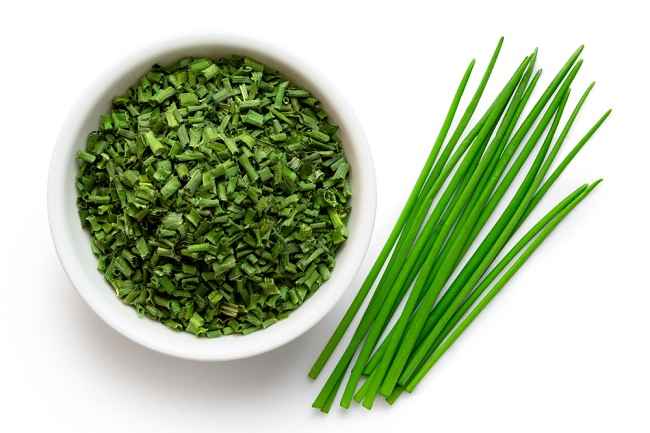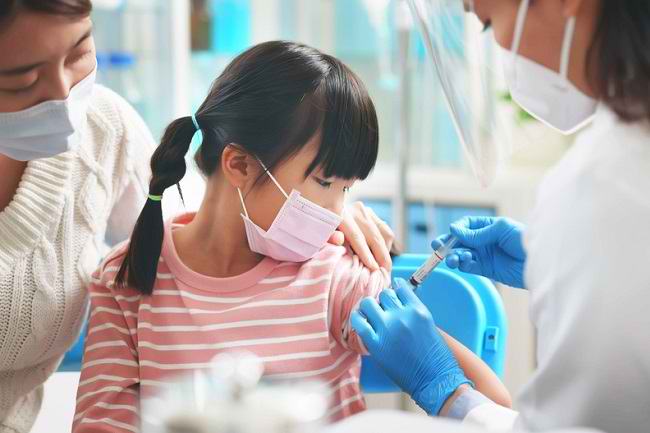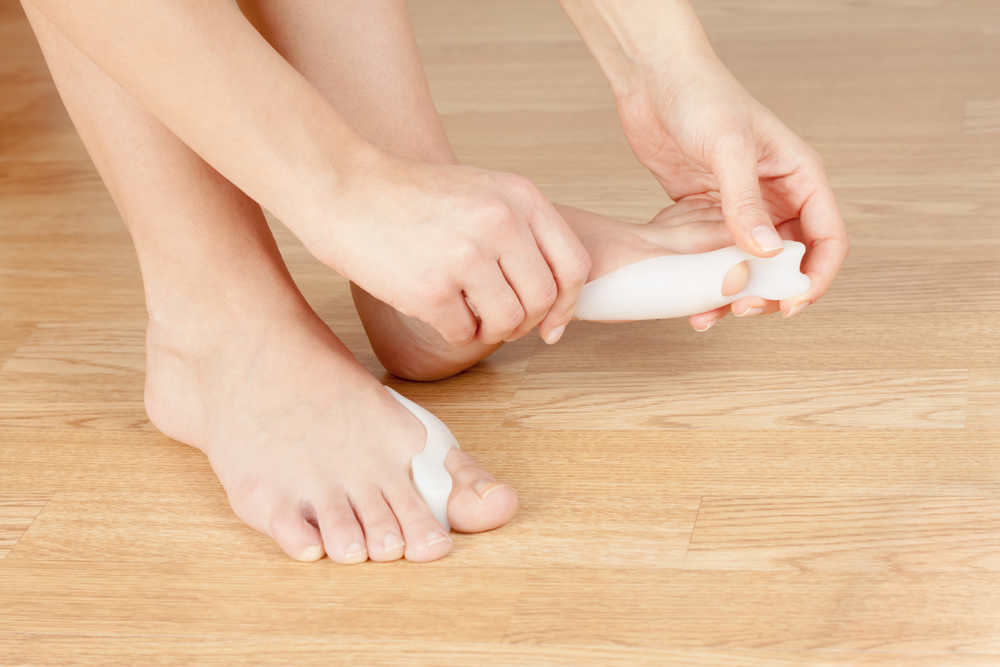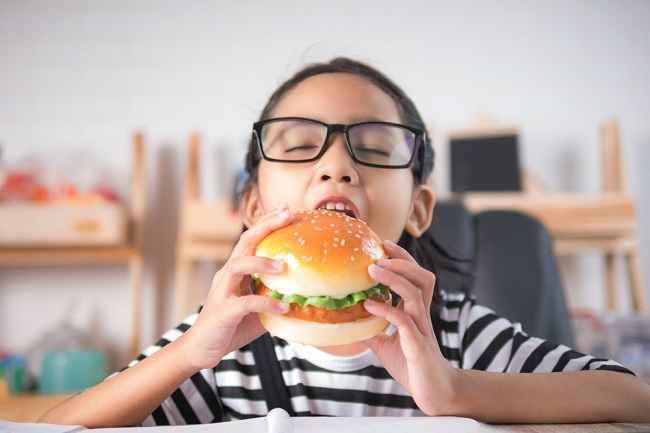Diet is the arrangement of eating patterns and food menus. Diet for kidney patients aims to balance the levels of electrolytes, minerals, and fluids in the body in order to ease the workload of the kidneys that have been damaged and decreased in function.
Patients with kidney failure require special eating arrangements, because the kidneys can no longer remove waste and toxins from the body. Diet settings for kidney failure will usually be carried out by a nutritionist. The purpose of this diet is so that the kidneys are not getting damaged and there are no complications due to kidney failure, such as heart disease or pulmonary edema.

Nutrients that Need to be Restricted in a Kidney Failure Diet
In the kidney failure diet, there are several nutrients that need to be limited in their intake because the kidneys are no longer able to get rid of the excess nutrients. Some of the nutrients that need to be limited are:
1. Protein
In patients with kidney failure, consumption of protein sources in high amounts will aggravate the work of the kidneys and exacerbate kidney damage.
In addition, the rest of protein metabolism that should be excreted through urine can no longer be filtered and excreted by the kidneys. Therefore, it is necessary to limit protein intake to reduce the buildup of these substances in the blood.
2. Sodium
Sodium (sodium) is contained in a lot of salt. Sodium can retain fluid in the body and increase blood pressure. In patients with kidney failure, this will make the heart and lungs work harder. A low sodium diet is important to prevent swelling of organs due to fluid buildup, high blood pressure, and heart failure.
3. Potassium
Normally, potassium is needed by the body for muscle movement and maintaining heart rhythm. The main sources of potassium include spinach, chickpeas, apples, avocados, papayas, oranges, bananas, milk and their processed products, as well as certain types of salt.
However, in people with kidney failure, consuming too much potassium can be dangerous. Damaged kidneys are no longer able to balance potassium levels in the blood, causing a condition called hyperkalemia (high levels of potassium in the blood). This condition can cause muscle weakness, heart rhythm disturbances, or even a heart attack.
4. Phosphorus and calcium
Healthy kidneys will filter excess phosphorus from the blood. If the kidneys are damaged, these functions no longer work properly, so hyperphosphatemia (high levels of phosphorus in the blood) can occur.
High levels of phosphorus can cause itching and draw calcium from the bones, so that the bones become brittle and calcium builds up in the blood vessels, lungs, eyes, and heart.
While the buildup of calcium (hypercalcemia) can not only cause muscle pain and weakness, but also shortness of breath, irregular heartbeat, memory loss, and further kidney damage.
Phosphorus and calcium are widely contained in:
- Chicken meat.
- Poultry.
- Fish meat.
- Milk and its processed products, such as cheese, cream, and butter.
- Soybeans and their processed products, such as tofu, tempeh, and nut milk.
- Vegetables, such as broccoli, cabbage, spinach, and okra.
- Soft drink.
5. Liquid
In addition to regulating the diet, adjusting the amount of fluid is also very necessary in patients with end-stage chronic kidney failure, because even normal consumption of fluids can cause shortness of breath due to fluid buildup in the lungs (pulmonary edema).
The fluid limit is calculated based on the patient's condition, the amount of urine that comes out, and the dialysis procedure used. The liquid in question is not only water that is drunk, but also water contained in frozen food/drinks when thawed. Therefore, on a kidney failure diet, baked, stir-fried or steamed foods are preferable.
Following a kidney failure diet can be overwhelming. Even so, restrictions on certain types of food are needed to reduce the accumulation of metabolic waste substances that have the potential to cause complications and cause further kidney damage.
Written by:
dr. Meristika Yuliana Dewi









